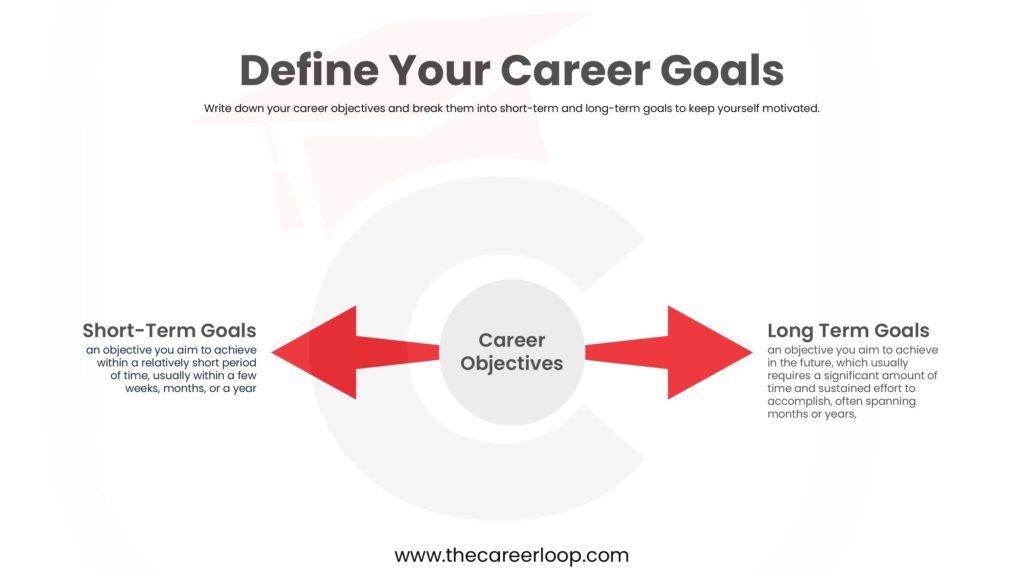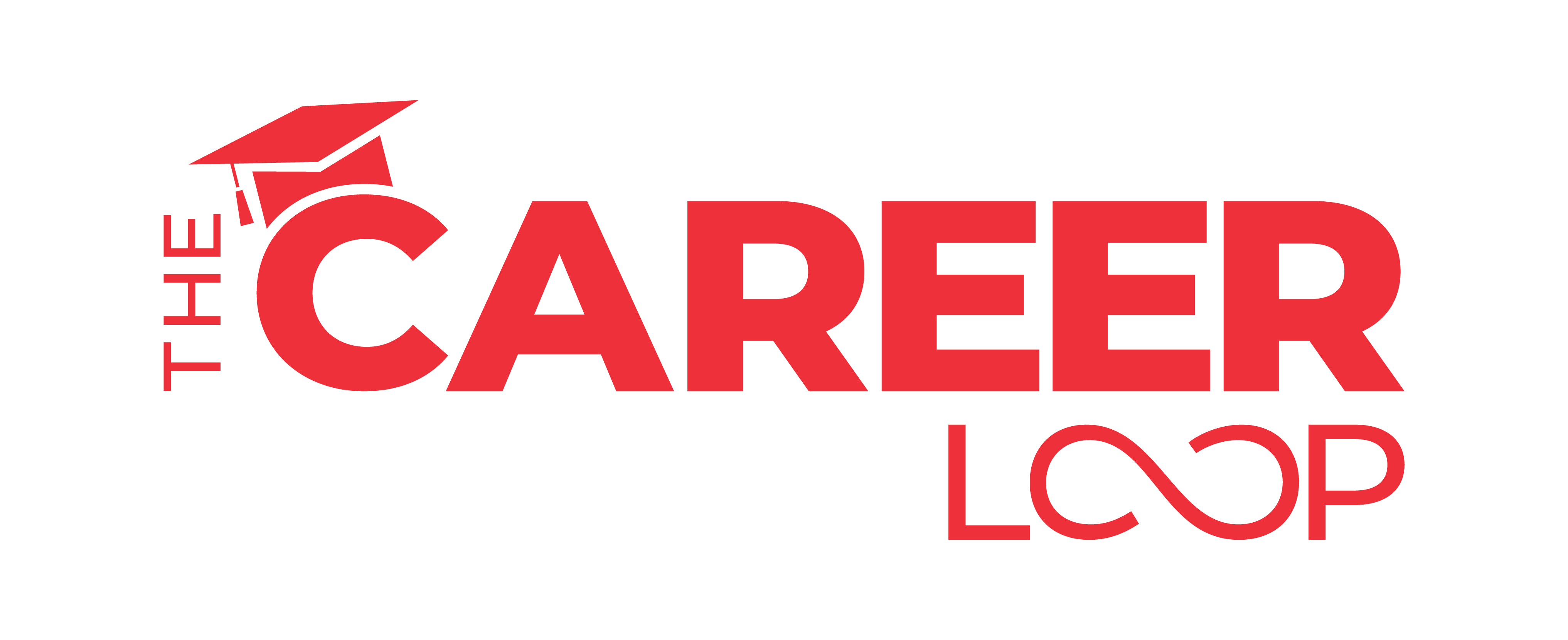Starting a job search can be a daunting task, but with a well-structured plan, you can approach the process with confidence. A job search plan helps you allocate time for key activities such as crafting your resume, networking, and preparing for interviews.
Create a structured approach to your job hunt.
Treat Your Job Search Like a Job
Creating a schedule is essential to maintaining consistency and momentum. Dedicate specific times each day or week to job search activities, and treat this time as you would any professional commitment. By blocking time on your calendar, you ensure that you stay on track and avoid procrastination.
Choose a time of day when you’re most focused and energized, whether it’s early morning or late afternoon, to tackle challenging tasks like writing cover letters or preparing for interviews.
Define Your Career Goals
Before diving into job applications, take a moment to set at least one clear career goal. What type of role are you seeking? What industry or company culture aligns with your values and strengths? Having a focus will streamline your search and help you target opportunities that truly match your aspirations.

Assess Your Skills, Strengths, and Interests
Reflect on your professional journey to identify your core skills and strengths. Make a list of jobs that align with your abilities and passions. Understanding what you bring to the table will not only guide your search but also boost your confidence when applying and interviewing.
Ask Yourself:
- What tasks or responsibilities have I excelled at in the past?
- Which industries or roles align with my interests and expertise?
- Are there any skills I need to improve or acquire to qualify for my target roles?
Get Your Application Materials Ready
Your resume and cover letter are your first impression, so make sure they’re polished and tailored to the roles you’re pursuing. Customize your application materials to highlight skills and experiences relevant to each job. Have this information ready before you start applying to save time.
Checklist:
- Updated resume with measurable achievements.
- Professional cover letter template that can be customized.
- A list of references, if requested.
Research Potential Employers
Take the time to research companies you’d like to work for. Learn about their mission, culture, and current opportunities. By understanding the organizations you’re applying to, you can craft applications that speak directly to their needs.
If you can find contacts or alumni who work at the companies on your list, reach out.
Network Strategically
Networking is a powerful tool in any job search. Connect with people in your field, attend professional events, and join job clubs or support groups. Many job opportunities come from referrals, so don’t hesitate to reach out to former colleagues, mentors, or LinkedIn connections.
Ideas for Networking:
- Schedule informational interviews to learn about industry trends.
- Join professional associations or online communities.
- Engage with industry leaders on social media by commenting on their posts.
Prepare for Interviews
Interviews can be stressful, but practice can make all the difference. Rehearse answering common questions about leaving past roles or handling challenges. Practicing out loud can help you refine your responses and build confidence.
Key Questions to Prepare For:
- Why are you interested in this role?
- What are your greatest strengths and weaknesses?
- Can you describe a time you solved a difficult problem?
Keep a Job Search Log
Tracking your progress is essential for staying organized. Keep records of the jobs you’ve applied for, companies you’ve contacted, and any follow-ups needed. This will help you avoid duplicate applications and ensure timely responses.
Include in Your Log:
- Job titles and descriptions.
- Dates of application submissions.
- Contacts made and interview dates.
Plan for the Long Haul
A job search can take time, so it’s important to mentally and financially prepare. If possible, create a budget to cover your expenses during this period. This can help reduce stress and allow you to focus on finding the right opportunity rather than rushing into a role out of necessity.
Account for essentials like rent, utilities, and food, while cutting back on non-essential expenses during your job search.
Steps Closer To Your Goal
A successful job search requires more than just sending out resumes. It demands organization, focus, and perseverance. You can confidently navigate the job market by creating a clear plan, dedicating time to specific activities, and maintaining a proactive attitude. Remember, every step you take brings you closer to your goal. Stick to your plan, stay consistent, and the right opportunity will come.
















